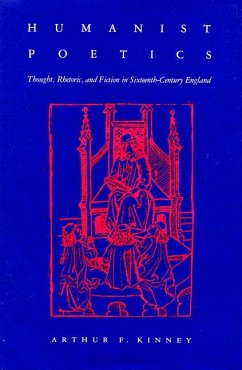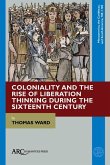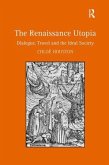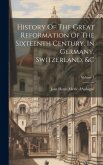This important contribution to the study of English Renaissance culture redefines the humanist movement, employs humanist rhetoric in new ways, and argues that English fiction in the sixteenth century should be seen as a major genre with its own strategies for the imaginative artist. Arthur F. Kinney argues that the main purpose of Renaissance humanism was the cultivation and perfection of the individual and society by the use of rhetoric--by persuasion. Humanist poetics, then, is the poetics of rhetoric: the attempt to fashion the self or the reader by a fiction that employs rhetoric's means. By tracing classical resources and the intertextuality of major English works from More's Utopia to Lodge's Rosalynde and Nashe's Unfortunate Traveller, Kinney not only locates basic Elizabethan habits of mind but also shows where the roots of the English novel may ultimately lie.
Bitte wählen Sie Ihr Anliegen aus.
Rechnungen
Retourenschein anfordern
Bestellstatus
Storno








